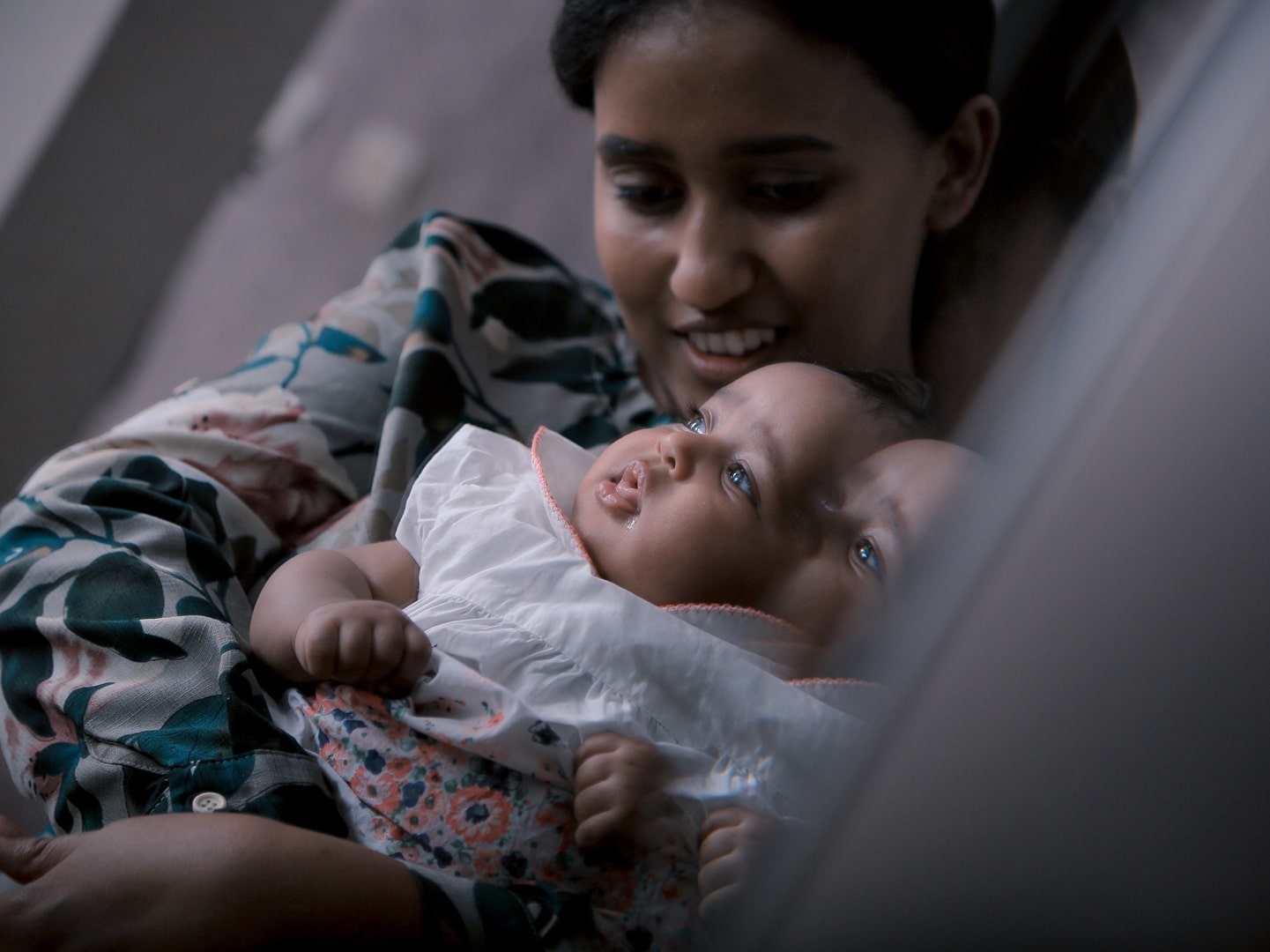Clinical Psychologist Celia Dean, helps us understand infant mental health and what we can do to ensure that our babies flourish as they grow.
There’s a lot of talk about mental health at the moment as we deal with the aftermath of Covid-19, with all of us being impacted in different ways. But this week the spotlight is on infant mental health. You might be wondering, “What is infant mental health? I didn’t know babies can suffer from mental illness?”. If you are a new parent this might seem like another thing to add to the worry list, as if establishing feeding and weight gain, getting your baby to sleep and getting some yourself, isn’t enough to be getting on with.

So what are we talking about when we talk about infant mental health? In short, babies do not show what we might think of as the classic signs of mental illness but they are absolutely able to feel and experience emotions such as anxiety and stress, fear, agitation, frustration, insecurity and distress. You only have to spend a couple of hours with a baby to witness a whole range of emotional reactions. These are expressed through behaviours such as crying, poor sleeping, feeding difficulties, gastric disturbance, restlessness and agitation. These emotions are likely to be reactions to things going on in the moment: for example, feeling hungry or lonely. How a parent or carer interacts and responds to baby’s needs makes all the difference to his/her development, not only in the moment of distress but in the longer term.
What we know is that the first 1001 days of a baby’s life is absolutely crucial period for emotional, social and cognitive development. It is during these early weeks and months that babies start to understand the world around them and it is through their relationships with their parents or carers that help establish these foundations. The way we, as parents or carers, interact with our babies shapes the architecture of their brain. This might feel like a huge responsibility on the one hand but what a wonderful opportunity on the other.
You might be thinking, “But where do I start?”. Firstly, don’t panic! As a new parent it is really all those every day interactions between parent and baby that make the difference. Those sensitive responses to baby’s needs, that reassurance when they are upset, and the playful interactions between parent and baby are what helps a baby feel seen, safe, secure and loved. These are the magic ingredients to infant mental health.
In case anyone is thinking that it’s impossible to be attentive and responsive to baby 24/7 (as much as we might like to), I want to reassure you’re absolutely right. That is impossible! It is also not necessary or realistic. Being generally consistent and predictable in our interactions with baby most of the time is good enough. Despite what social media might suggest, there is no such thing as a perfect parent. We are all human! What we are aiming for is to establish a loving, trusting, secure bond between us and our baby, allowing them to feel confident, happy which will ultimately allow them to thrive.
That is positive infant mental health!
Kids Matter is a programme that engages with families and young children before crisis point – it strengthens families by giving mums and dads the tools to be competent, confident parents or caregivers. To get involved, as a volunteer or by financially supporting our programme, please contact us at info@kidsmatter.org.uk.